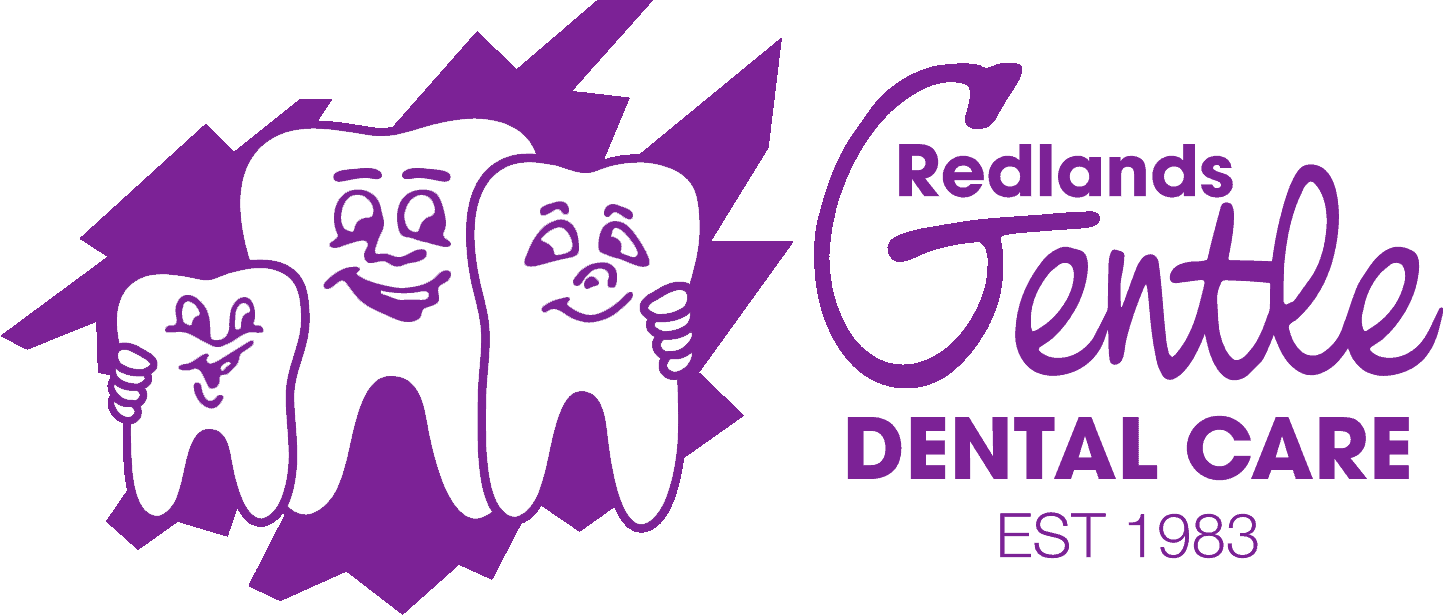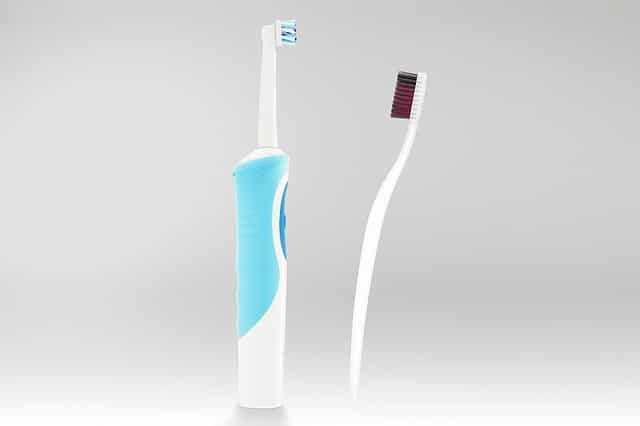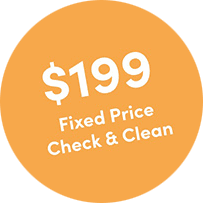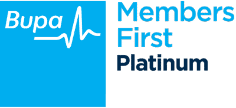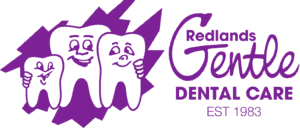Brushing your teeth is critical to preventing cavities and other dental problems, so your choice of toothbrush matters for your oral health.
These days, you have two main options for toothbrushes: handheld and electric.
Handheld toothbrushes have long been the only type of toothbrush used by people around the world. But the invention of electric toothbrushes has given everyone a great alternative tool for brushing their teeth.
So which is better for you?
To help you make the right choice, let’s look at what both options offer as well as their pros and cons.
Handheld Toothbrush
| PROS | CONS |
| More control | Easy to use incorrectly |
| Adjustable pressure | Easy to not brush enough |
| More affordable | |
| Variety |
Perhaps the biggest advantage of handheld toothbrushes is the amount of control it gives you. With handheld toothbrushes, you can adjust the speed, pressure, and direction of your brushing to suit your needs.
This is especially valuable if you have sensitive teeth and gums, allowing you to brush slower or more lightly to avoid pain and damage to your teeth.
Handheld toothbrushes are also more widely available than electric toothbrushes, and they offer more choices for head shapes, bristles, and designs. This makes it easier to find the right toothbrush for your needs.
Unfortunately, the manual nature of handheld toothbrushes also makes it easier to brush incorrectly. Many people who use handheld toothbrushes either don’t brush long enough or they brush too hard.
Handheld toothbrushes also require more effort and energy to use, which could make brushing your teeth feel more like a chore.
Electric Toothbrush
| PROS | CONS |
| More convenient | More expensive |
| Can be more effective at removing plaque | Can be too strong and abrasive to some |
| Timer function | Less variety |
| Easier for kids and people with arthritis |
Convenience is often the main reason why people switch to electric toothbrushes. Electric toothbrushes will do most of the work for you, moving the head and bristles automatically on your teeth to clean them.
This makes it ideal for those who don’t want to put much effort when brushing their teeth or those who have difficulty brushing their teeth manually (e.g. people with arthritis or hand injuries).
Electric toothbrushes can also be more effective at removing plaque. Because of its powerful and consistent brushing actions, it can remove plaque more effectively than manual brushing for many people.
Many electric brushes also have built-in timers, which give users a guide for the minimum amount of time they should be brushing. Together, these features may help you brush your teeth more thoroughly than handheld toothbrushes.
On the other hand, electric toothbrushes are much more expensive handheld toothbrushes. They also require more investment from the user and more effort to find because they’re not as widely available.
The powerful brushing action of electric toothbrushes can also be too strong for some people, so it may not always be the best choice if you have sensitive teeth and gums.
Which is Better?
Neither is better than other – it all matters on what you need and how you prefer to brush your teeth.
Most experts will tell you that the right toothbrush for you is the one that enables you to brush your teeth regularly and correctly.
If you’re looking for a toothbrush that’s easy to use and does most of the work for you, then electric toothbrushes may be the right choice. This is assuming you don’t have sensitive teeth and you have the budget to spend on more expensive toothbrushes.
On the other hand, handheld toothbrushes are likely your better choice if you want complete control of your brushing and don’t mind putting more effort brushing your teeth.
They’re also often the better choice if you don’t want to spend too much on your toothbrushes or if you have sensitive teeth and gums.
The Most Important Part: It’s Not What, It’s HOW
No matter which type of toothbrush you choose, remember that the most important thing is to use it properly.
You can achieve optimal results with either toothbrush as long as you practice correct brushing techniques.
This means brushing your teeth for at least two minutes (most experts recommend 2-3 minutes of brushing each time), cleaning all teeth surfaces thoroughly (including those in the back), and brushing gently yet firmly.
Need More Help?
If you have more questions about choosing the right toothbrush for you, feel free to send us a message to get more advice.
